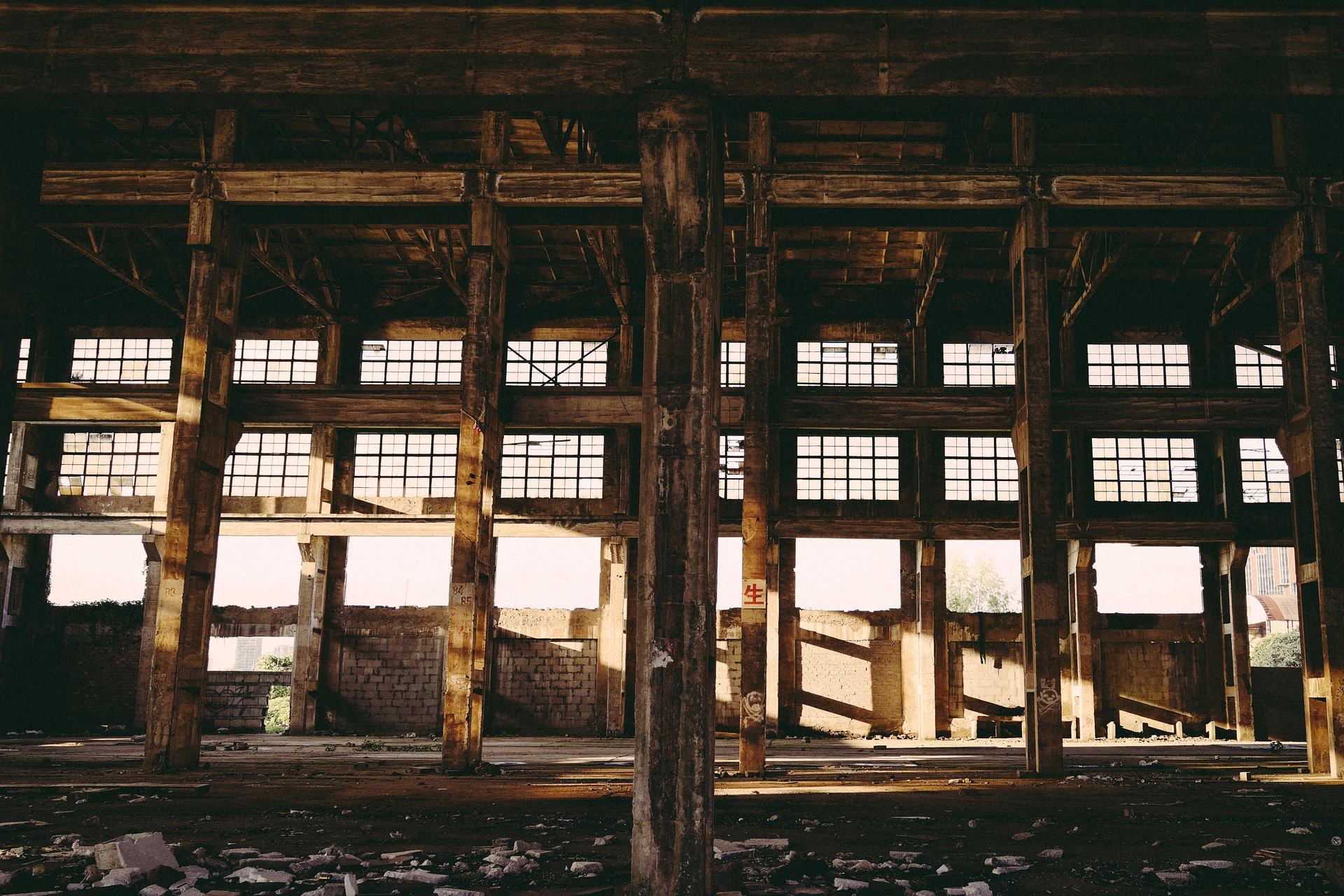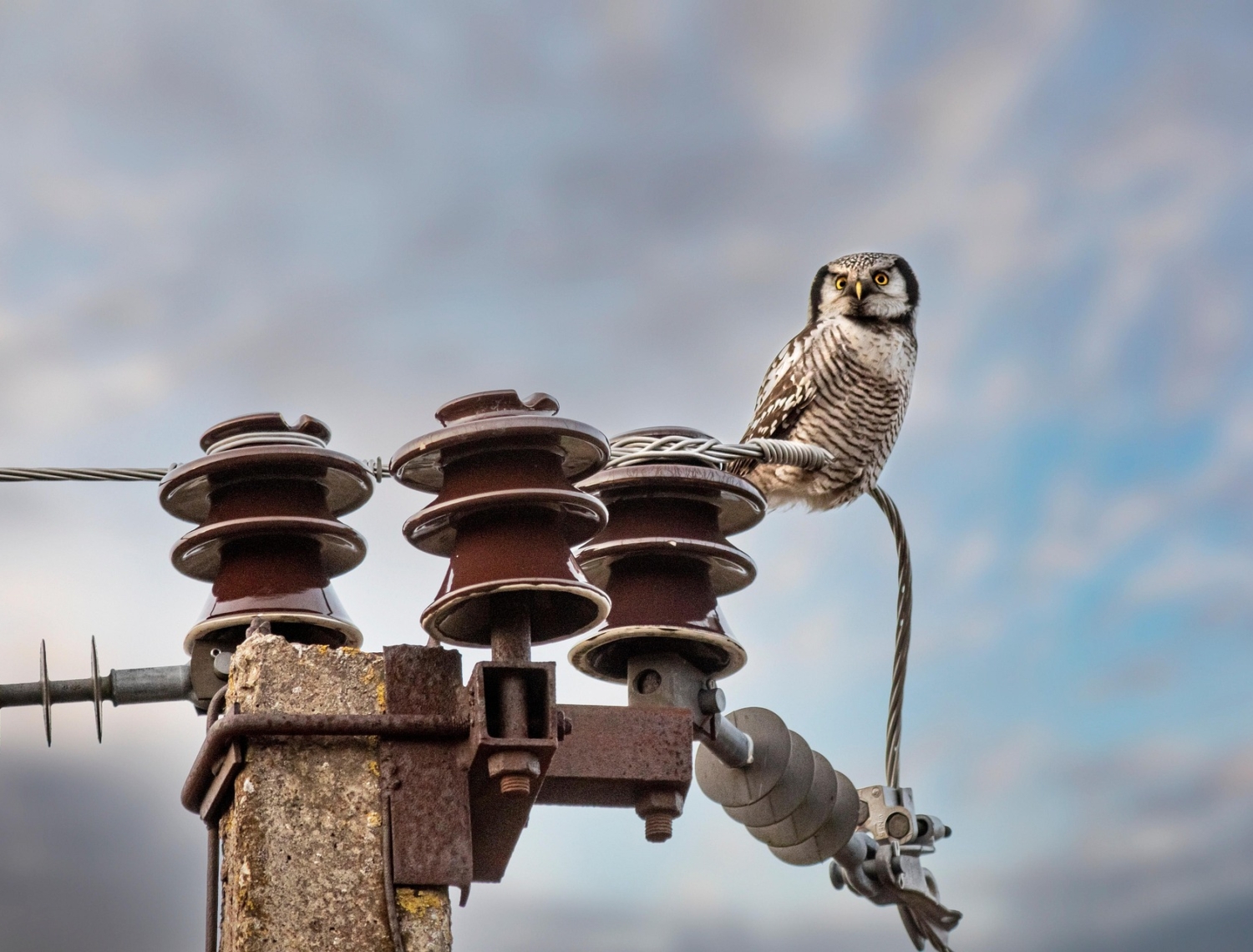by Atomic Entertainment co-founder Jerry Kolber
You’re not getting a TV deal for your podcast. Let me explain why.
After creating and Executive Producing Nat Geo’s Brain Games with my producing partner Adam “Tex” Davis, he and I co-created and Executive Produced Netflix’s hit science series Brainchild with Pharrell Williams and Mimi Valdés. We were on a mission to create “fun with a side of learning” on TV and streaming platforms. I had spent years as a show runner on other people’s projects and we were finally realizing our vision of making popular, fun, and educational series.
But when the pandemic hit in 2020, we discovered something that transformed our entire approach to entertainment. Unable to make television, we found our most exciting growth opportunity as a company lies in a different space entirely – audio.
When we started Who Smarted?, we didn’t know the first thing about podcasting. Our friend and Brainchild co-star, Alie Ward (Ologies) had been pushing us to look into it—and from there, it only took three years and eight million downloads to figure out how to make it a profitable venture.
Fortunately, our next shows got there much faster. And soon, podcasting was dominating all of my creative output.
Not necessarily by choice. As our podcast efforts began paying off – the TV world was convulsing and showing signs of serious illness. Sure, we had agents and kept pitching TV. And not just any TV – TV with A-list talent in undeniably great science formats the likes of which we were known for turning into global hits. And thirteen networks turned us down because “the audience doesn’t want smart stuff anymore, kid, and the data tells us we’re right” (to paraphrase the very “old school” answer we got from all of them.)
No lie – this was disorienting for me. My identity as a “TV Producer” was baked in for a few decades, and realizing that the industry I had loved and made hundreds of millions of dollars for had radically changed for the worse was hard to process.
In the end, I realized it was enlightening to understand that all the networks had abandoned any pretense of doing good for the audience in favor of doing good for the shareholders (which can only be mutually exclusive in a very weird version of capitalism)—a fact borne out by the industry’s self-directed descent from Peak TV to what many writers have been calling Trough TV.
Our talent on this series we were pitching – who on their own has half as many social followers as the entire Disney+ USA subscriber base – asked one of the networks: “Is there really no room in a multi-billion-dollar slate of dozens of shows for one smart, fun series from someone as well known as me and successful as these guys?”
No. Apparently, there is not.
Meanwhile, take a look at the podcast charts. In the science category alone, each of the top ten shows download numbers would land them in the top 10 or 20 shows on Netflix if they were TV shows with that many views – and each would be gigantic, monster hits for linear TV.
THE PIVOT
The world of TV greenlighting in the mid-2020’s is a toxic and self-dissolving brew of algorithms, lowest common denominator taste, copycat formats, and fear of job security. The easiest thing to do for a TV executive looking out at the decimated landscape of television careers – and who really wants to keep their job – is to say “yes” to ideas that are similar to (or are literal reboots of) something that has worked before.
The safest thing to do is to say “no” to anything with a whiff of risk. So what does all this have to do with YOU trying to get a TV deal?
First, consider this: there is no way you are getting TV interest unless you have millions of monthly downloads and/or a celebrity involved already. Now consider: There is also no world in which it makes sense to take your eye off the ball of a podcast big enough to get a TV deal in exchange for TV fee dollars.
Let’s say you’ve got a show doing nice numbers – three million monthly downloads. Those three million monthly downloads could be generating north of $200,000/month in gross revenue if you’ve got an hour long podcast with a reasonable number of sold ad impressions..
Now let’s imagine you get a deal for 10 TV episodes at $300,000 each—for a total of $3M. The 10% production fee is $300,000, split between you and the production company. So that’s $150,000. Maybe you get another $10,000/episode talent fee—if the network lets you be the on-screen talent. That’s another $100,000.
So you just made $250,000 for your TV show. But now you have to work 3 or 4 weeks per episode—between prep, production, post-production— and you’re fighting with the network over creative issues, and you don’t have the final cut. Over the same year that you’re generating $2.4M from your podcast, you’ve got to constantly take time away from your podcast for a TV show that generates $250,000.
I’m not going to do the math for you. You see how this is bad.
Now, I know most people reading this are like “Three million monthly downloads? That’s a LOT!”
Yes. Exactly. If you’re not at least at that number, there is an almost zero percent chance that you’ll get any interest from a TV or streaming network. And then the catch-22 is that when you’re big enough for their attention, it actually costs you too much time, bandwidth, and control for a TV deal to be a smart move.
As a side note, have you ever received terrible TV network notes from an executive who thinks they are the intended audience for your show and who will literally eat your time until you agree with them? Oof.
The percentage of podcasters who come to me with ideas or for feedback on existing shows who tell me about how “eventually their podcast will be a great TV show” is near 100%. Look, I know you’re probably telling me this because of my pedigree in TV. You have permission to stop. I’m getting to the point where it’s hard for me to control the impulse to sigh or roll my eyes.
I even see pitches for limited audio series that deliberately plan to lose money on the audio version because they’ll “make significant profit on the eventual TV licensing deal.” They usually involve giving a celebrity a lot of money. I’ve seen business plans for entire companies based on this concept. Your likelihood of profitability in this venture is negative zero.
Despite the endless conference panels on “How to Pitch Your Pod to TV” run by people who greenlit one podcast-to-TV show pilot from Gimlet in 2018, it is a literal waste of energy to think about a TV deal for your podcast. There’s been about two dozen TV shows from podcasts over the last decade – that’s 2 per year – and of those 24, only 5 or 6 succeeded commercially.
Remember, the public-facing job of a TV development executive is to say they’ve “covered it”—meaning they are taking meetings, seeing what’s out there, keeping you on the hook, keeping you thinking they might be for real, giving you homework at every meeting to keep you invested. You’ll feel like you’re approaching a deal! It’s coming soon! Except it’s not.
That’s because the super-secret non-public part is that they are really only pushing through a greenlight or two every year—and since their job is on the line, and the risk of failure is high, they’re only pushing through shows that check a ton of boxes for success.
Of course, they only finally need your podcast (maybe)—just when you’re big enough to not need their deal (definitely).
No network notes, total control of the content, 100% ownership of the IP, direct relationship with your fans, scalable profit, and a reliable production, marketing and distribution system that doesn’t crash on the whim of talent or outside executives—that’s podcasting.
Now, you might not ever get to three million monthly downloads, but even at 200,000 monthly downloads you’ve got a healthy little business—making the show you want, the way you want, for the reasons you want.
Peak TV is done and gone. Now they’re just fighting for subscribers. But we haven’t hit peak podcasting – in fact, we’re years or more away from it. Podcasting is still a little bit Wild West – kind of like how TV used to be. Wild = fast growth = opportunity.
So, 2025 is the year I’ve gone all in on podcasts. We’ve shut down our TV development completely, and we’re doing an investor round (for the first time in Atomic’s 15 year history) based on the success of our podcasts and our system.
Maybe there’s a TV deal down the road licensing one of our kids’ shows for animation or something like that, but I’m not chasing it. Better to keep focused on the things that are making money, making us happy, and making an impact on the world.


















































































































































































































